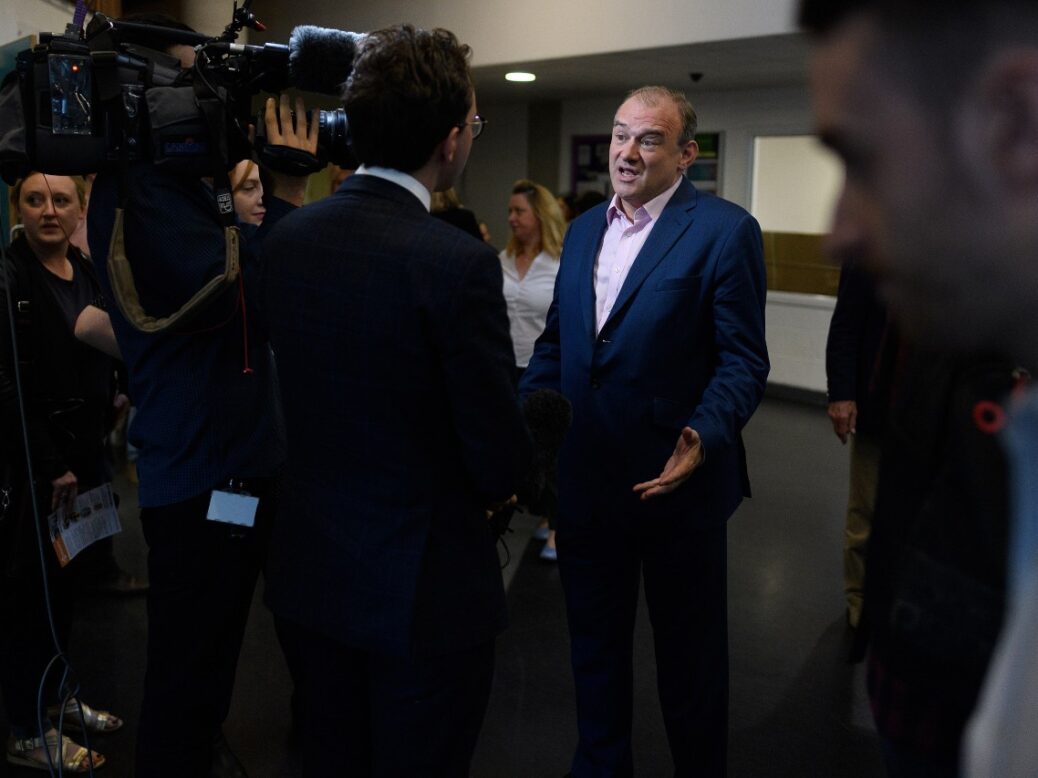
No political party can be at all content when its most famous member works as vice-president for global affairs and communication for Facebook. There is no question that Nick Clegg remains the most powerful Liberal Democrat in the land, even from a base in Silicon Valley. There are two parts to this claim. One is that Facebook clearly matters; the other is that the Liberal Democrats don’t.
Clegg’s decision in 2010 to take his party into government in coalition with the Conservative Party bequeathed to his successors a terrible, perhaps insoluble, strategic dilemma. Ed Davey is now the fourth leader in six years – after Tim Farron, Vince Cable and Jo Swinson – to wrestle with the consequences. If the Liberal Democrats – after being chewed up electorally by association with the coalition – are no longer prepared to do business with the Tories, that leaves them with two options. They have either given up on being a part of central government for good, or they have become, in effect, a subsidiary of the Labour Party.



